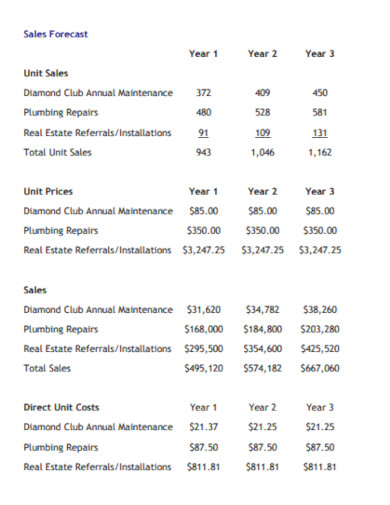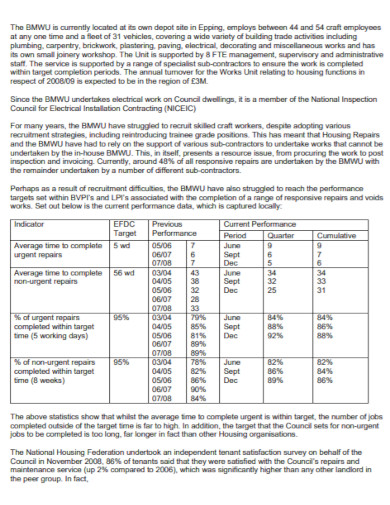Do you own a cleaning company like a plumbing company or do you know anyone who owns a plumbing company? Many of us may see the plumbing company as an easy kind of business to set up. We often believe that a plumber’s job is simple because they only have to fix things that we often are not capable of doing. However, making a company or starting up a business even if it is a plumbing business is not as easy as you think. Any kind of business is not as easy as many people think, just because they may already see the results does not necessarily mean that there were no struggles, no careful planning ahead. With that, when you think of starting a company or a business, even a plumbing company business, you will need to think about a business plan.
[bb_toc content=”][/bb_toc]
3+ Plumbing Company Business Plan Examples
1. Plumbing Company Business Plan

2. Plumbing Company Business Plan Example
3. Plumbing Company Business Plan in PDF
4. Housing Plumbing Company Business Plan
What Is a Plumbing Company Business Plan?
A plumbing company business plan is a specific type of business plan that caters its users to the world of plumbing business. The company business plan helps by giving you a general idea and a general point of view of how your plumbing company business will be successful. In addition to that, to be able to get something good out of your plumbing company, when you write your business plan, it shows you the outline of your business growth for the expected period of time. Lastly, a company business plan such as a plumbing company business plan would also entail some good strategies to help you reach your goal.
How to Make a Plumbing Company Business Plan
Are you planning on setting up a plumbing company? If you are, you may be interested in knowing about how you are going to make your plumbing company business plan. Apart from it being a roadmap to help you succeed in your business, it is also a helpful tool to maintain the flow of your business. With that being said, here are some steps to making a plumbing company business plan.
1. Write an Executive Summary of Your Business
Write an executive summary of your business. The executive summary will be about what your business is about, what are your plans for the next few years of your business as well as how you are going to be summarizing the entire procedure and the strategies you will be using for your plumbing business. Executive summaries do not have to be too long.
2. Set Up Your Objectives for the Business
The next thing you will need in your business plan is your objectives. To make it simple, your objectives must be related to your business or your company. They must also be doable, clear and concise. Your objectives are important since they help you get your goals in check and to be able to reach your goals.
3. List Down the Procedures and the Strategies
Write down the strategies and the procedures of your plumbing company business. The procedures and your strategies have to go hand in hand. So as you start writing and thinking about your strategies, you must think about how these strategies can help you build your business.
4. Make an Update for the Time Based Schedule
Update when you have reached your time based schedule. Updating your company business plan is also helpful. As it shows you the strategies that may need more improvement, the procedures that help you out and of course the strategies that you can find in order to make your business plan better. All these are mainly done with the time based schedules. Your time based schedules can vary from monthly or quarterly.
FAQs
What is a plumbing company business plan?
A plumbing company business plan is a kind of specified business plan that caters to the plumbing company and how the business may grow to become successful.
Why do you need a business plan?
Regardless of the kind of business or company you may be working or starting, a business plan is always a helpful tool to get you to run your company as smoothly as possible. To help you avoid any risks and bumps that may destroy your goal.
How do you make a successful business plan?
To make a successful business plan, you must understand and know what your business is about. How you are going to set the goal and its objectives, as well as the strategies and the procedures to make your business plan a success.
Making a plumbing company business plan is important. To get your business to come up and running, you must also know what you can do to make your business a success. If you are planning on setting up a plumbing company, make sure to have a business plan as well.






